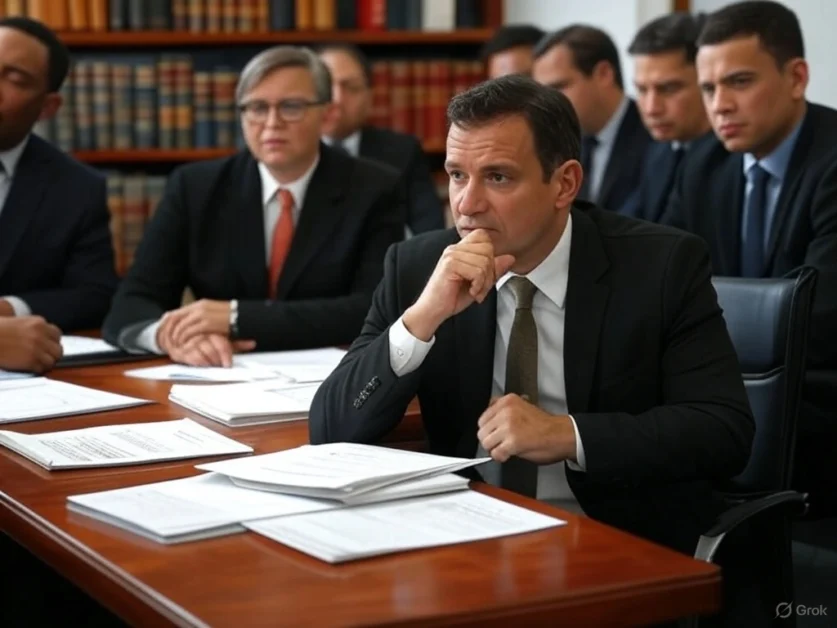Gun Crime Sentencing Guidelines: Mandatory Minimums Explained
The American legal landscape is defined by its commitment to the rule of law, and nowhere is this more evident than in the realm of gun crime sentencing guidelines. The imposition of mandatory minimum sentences for firearms offenses has long been a cornerstone of federal and many state criminal justice systems. These laws, designed to […]
Gun Crime Sentencing Guidelines: Mandatory Minimums Explained Read More »









